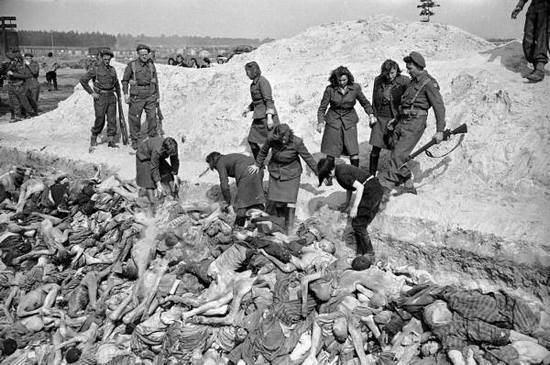
Holocaust denial represents a suggestion that the genocide of Jews that took place in the course of World War II did not happen at all or at least did not occur the way it is commonly considered by the historians. For several reasons, governments of different countries have decided to restrict such denial. This was done mainly to prevent objections to anti-semitism. The denial of the Holocaust is considered illegal in such countries as France, Germany, Poland, Switzerland, Austria and some others. The question of whether Holocaust denial has grounds to exist is still under discussion and the answer to this question is still to be found. It is still argued whether the phenomenon of Holocaust denial should be criminalized. Below are the arguments against and in favor of Holocaust denial.
First of all, it needs to be noted that restrictions on Holocaust denial are not common in various non-European countries as Europe is more concerned about the return of such phenomena as Nazism and anti-semitism. Furthermore, speaking about the USA, the restrictions on Holocaust denial are strictly regulated by the right for freedom of speech. In some countries Holocaust denial may even lead to imprisonment. The discussion on the issue of Holocaust denial usually takes place between the so-called Holocaust deniers and those who consider that Holocaust actually took place in Europe during the World War II. It is hard to say who is right, so that the issue of Holocaust and its denial continues to be the topic for a vivid discussion between the supporters and opponents of these phenomena.
The first question to be answered is whether Holocaust denial should be criminalized. If it is criminalized, then everything associated with Holocaust denial will not be protected by the law. Although many people consider that the freedom of speech is enough to protect Holocaust deniers, it can be restricted in case such freedom directly causes harm to other members of the society. It is evident that Holocaust denial actually causes harm to other individuals, thus it should be restricted by the legislation and should be prosecuted by the law. On the other hand, criminalization of Holocaust denial violates the right for freedom of speech as stated in the Constitution of the USA and the Bill of Rights. Freedom means a principle that should be followed without any kind of discrimination. Thus, freedom of speech in the form of Holocaust denial should not be criminalized.
It is also claimed by the supporters of Holocaust denial that this phenomenon does not directly affect certain category of people. It does not necessarily intimidate social minorities. Thus, Holocaust denial should not be considered illegal as it is not associated with direct violence towards the minority groups. On the other hand, it is claimed that Holocaust denial causes a psychological trauma to those who actually survived the Holocaust. There are a number of cases when Holocaust denial has made Holocaust survivors experience psychological pain, and the degree of suffering is often underestimated. For this reason, it is claimed that Holocaust denial should be restricted by the law.
However, there is also an opinion that Holocaust deniers unjustly place certain rights over others. Thus, Holocaust deniers promote freedom of speech and at the same time violate other human rights, for example, the rights of those who survived Holocaust during the World War II. Furthermore, it is considered that Holocaust denial should be opposed by reasoning and logical arguments, rather than some legal restrictions. There is surely a threat of Holocaust denial becoming public, but this phenomenon should be combated by logical arguments promoted by the government, while the legislation should deal with other infringements of the law. Nonetheless, some people claim that reasoning is not enough to stop Holocaust denial, so that there is a need for some effective legal measures to be taken.